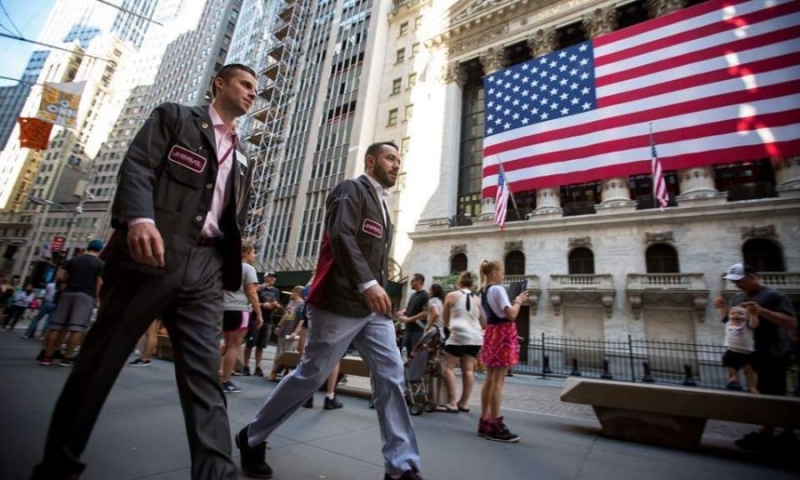Not facing the sharp slowdown many analysts predicted

Gina Smilek
Businesses are hiring, property prices are rising and consumer spending is growing more than forecast. The US economy is not facing the sharp slowdown that many analysts had predicted, due to the Federal Reserve's shift to restrictive monetary policy. And this surprising resilience of the economy is both good and bad news.
It is not facing the sharp slowdown that many had predicted following the Fed's rate hikes.
The economy's resilience may mean the Fed will be able to curb inflation gently, slowing price rises but not plunging America into recession. But if businesses continue to raise prices and demand remains strong, inflation may remain high, forcing consumers to pay more for hotels, food and childcare and the Fed to do more to curb growth. Perhaps policymakers need more time to realize what is more likely so they don't overreact and cause unnecessary pain but also don't sit back and let inflation take hold.
Investors are betting that the Fed will keep interest rates unchanged at the meeting on June 13 and 14 before raising them again in July. But they can still fall out. All week markets were betting that the Fed would raise interest rates again. In short, the messages are conflicting and the discussions within the Fed are intense. President Jerome Powell and his likely successor, Philip Jefferson, have said they will hold off on rate hikes to see how they have affected the economy so far. But even some parts of the economy that typically slow when interest rates rise have shown great resistance to the hikes so far.
Fed officials are watching the labor market to see if it has been affected by rate hikes. interest rates. There are signs that businesses are starting to cut back on hiring as jobless claims last week hit their highest level since October 2021. But hiring picked up in April and wages for low-wage workers rose albeit at a slower pace. Inflation remains the key factor shaping the Fed's plans this month. The latest estimates speak of inflation decelerating to 3.3% by the end of the year. Economists expect the May data to show further easing, which would convince Fed policymakers to leave interest rates unchanged.




